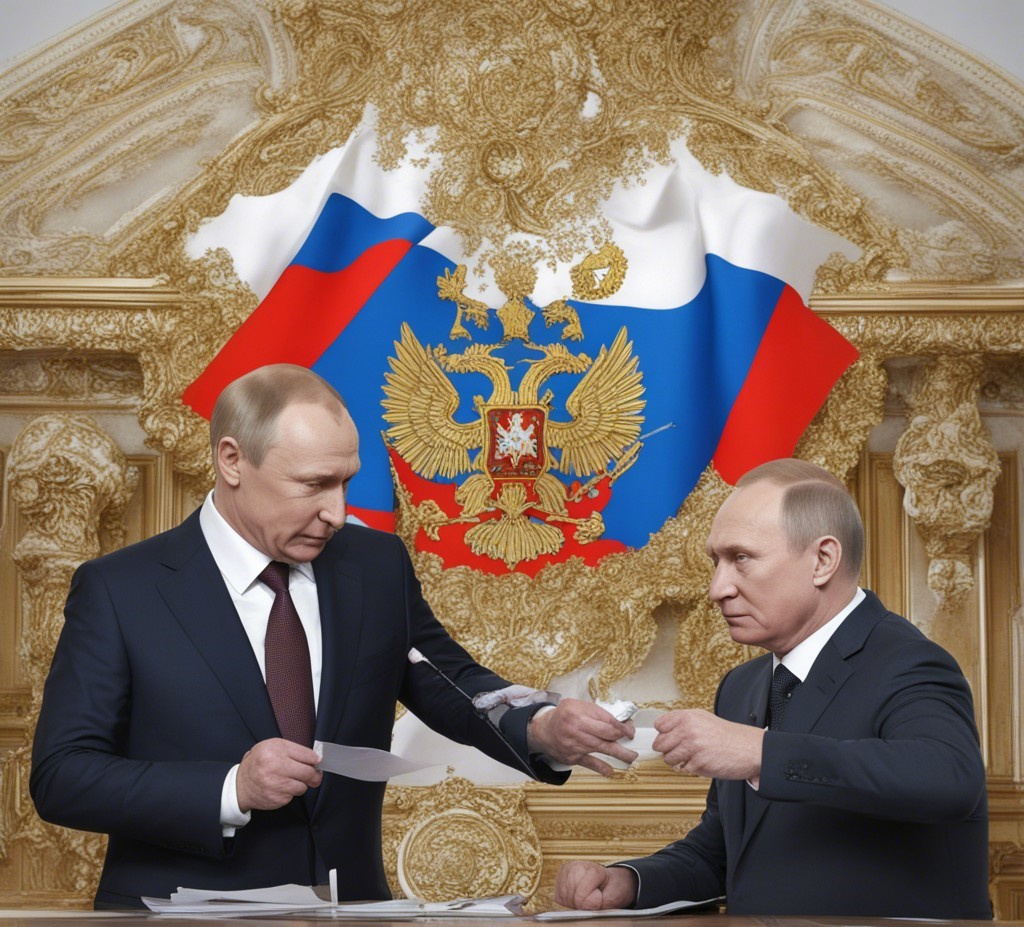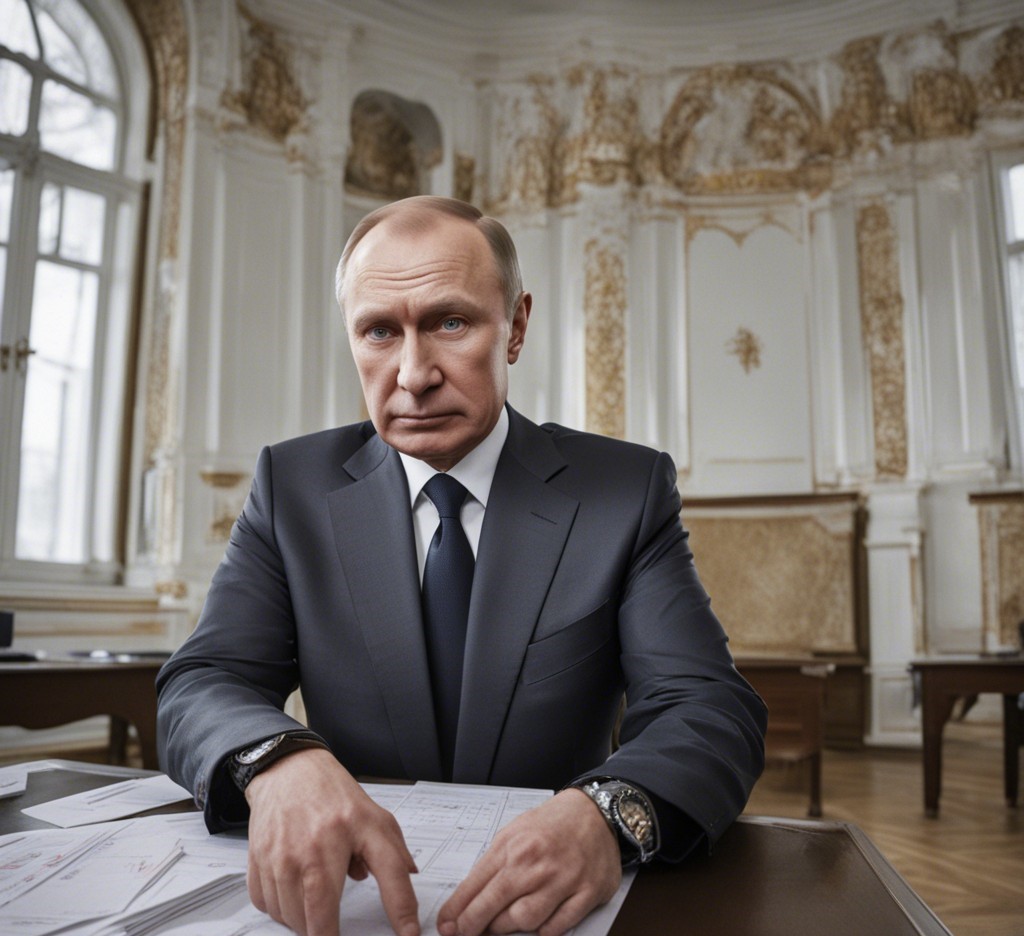Russia Presidential Election , A survey indicates that the Russian people are already preparing for a time when Putin is not in charge, according to a former speechwriter for Putin. Abbas Galliyamov, the source, notes that the oldest polling organization in post-Soviet Russia recently questioned the people about their impressions of life without Putin as president and potential replacements, according to merkur.de, a German news website citing Newsweek. Galliyamov believes it significant that these inquiries were made in an open manner on russia presidential election.
Although 70-year-old Vladimir Putin has not formally proclaimed his intention to run, if successful, it would be his fifth term. According to Kommersant, the Kremlin started making plans for the 2024 election earlier this year with the assumption that Putin would run. The date of the 2024 presidential elections is March 17.
Among others, Sergei Sobyanin, the mayor of Moscow; Mikhail Mishustin, the interim prime minister of Russia; and Dmitry Medvedev are being discussed as potential successors to Putin.
The next election in Russia is set for March 17, 2024. Theoretically, constitutional changes might extend Vladimir Putin’s reign until 2036.

Putin Decision on Russia Presidential Election
Putin’s reelection is a certain, according to a recent interview with Kremlin spokesman Dmitry Peskov.
“Our presidential election is expensive bureaucracy, not really democracy,”
Although Putin himself has decided to organize elections, which are a requirement of democracy, theoretically it is possible not to hold elections, Peskov added. Because the election of Putin is already a given
The Kremlin coalition around President Putin will have to make a difficult decision on what to do if Russia experiences severe, irreversible reverses that cause it to be forced back to the territory it occupied in February 2022 (or before 2014). The intra-elite squabbling that surrounds early-war defeats may return sharply and visibly if Russia were to be soundly defeated on the battlefield, up to or including the loss of Crimea or Donetsk and Luhansk. Such bickering would make it challenging to pull out the 2024 election/coronation.
The Significance of the Presidential Election
The Russia Presidential Election holds paramount significance for a multitude of reasons:
- Global Power Leadership: Russia is recognized as one of the world’s superpowers, and its elected president wields substantial influence both domestically and on the international stage.
- Domestic Policy Shaping: The elected president is responsible for shaping domestic policies, spanning economic reforms, social welfare programs, and law enforcement.
- Foreign Relations Impact: The president plays a pivotal role in crafting Russia’s foreign policy, exerting considerable influence in global geopolitical affairs.
- Stability and Security Oversight: The president is entrusted with maintaining internal stability and ensuring national security, which holds profound importance for Russia’s vast and diverse population.

Historical Context of Presidential Elections in Russia:
Presidential elections in Russia have a relatively short history, given the country’s deep-rooted political heritage. The inaugural presidential election took place in 1991, following the dissolution of the Soviet Union. Boris Yeltsin assumed the role of Russia’s first president, marking a monumental transition towards democracy.
The Electoral Process:
Russia conducts its presidential election through a direct, two-round system. In the first round, a candidate must secure an absolute majority of votes, exceeding 50%. In the event that no candidate accomplishes this feat in the initial round, a second round of voting occurs, featuring the two leading candidates. Presidents serve six-year terms, with a maximum limit of two consecutive terms.
Even while it’s not as plausible at this point, a scenario in which Russia either pulls off an unexpected victory over Ukrainian forces or somehow manages to turn around its battlefield fortunes would influence the election in yet another way. The 2024 election would be an opportunity for the Kremlin to triumphantly unite the divided elite factions and the disinterested Russian people behind the flag to forge a new popular consensus in the same vein as the consensus that was assembled after the seizure of Crimea in 2014.
Plans call for spending to be comparable to about 20.4% of GDP in the coming year and for Russia to have a slight budget deficit with estimated receipts of 35 trillion rubles.
Updated criteria for candidates:
The revised Constitution’s requirements for presidential candidates are as follows:
- age 35 or older (this criterion has not altered);
- a minimum of 25 years (up from 10 years) of residence in Russia
- neither at the time of the election nor at any time in the past, not hold foreign citizenship or a visa to enter a foreign nation (new condition).